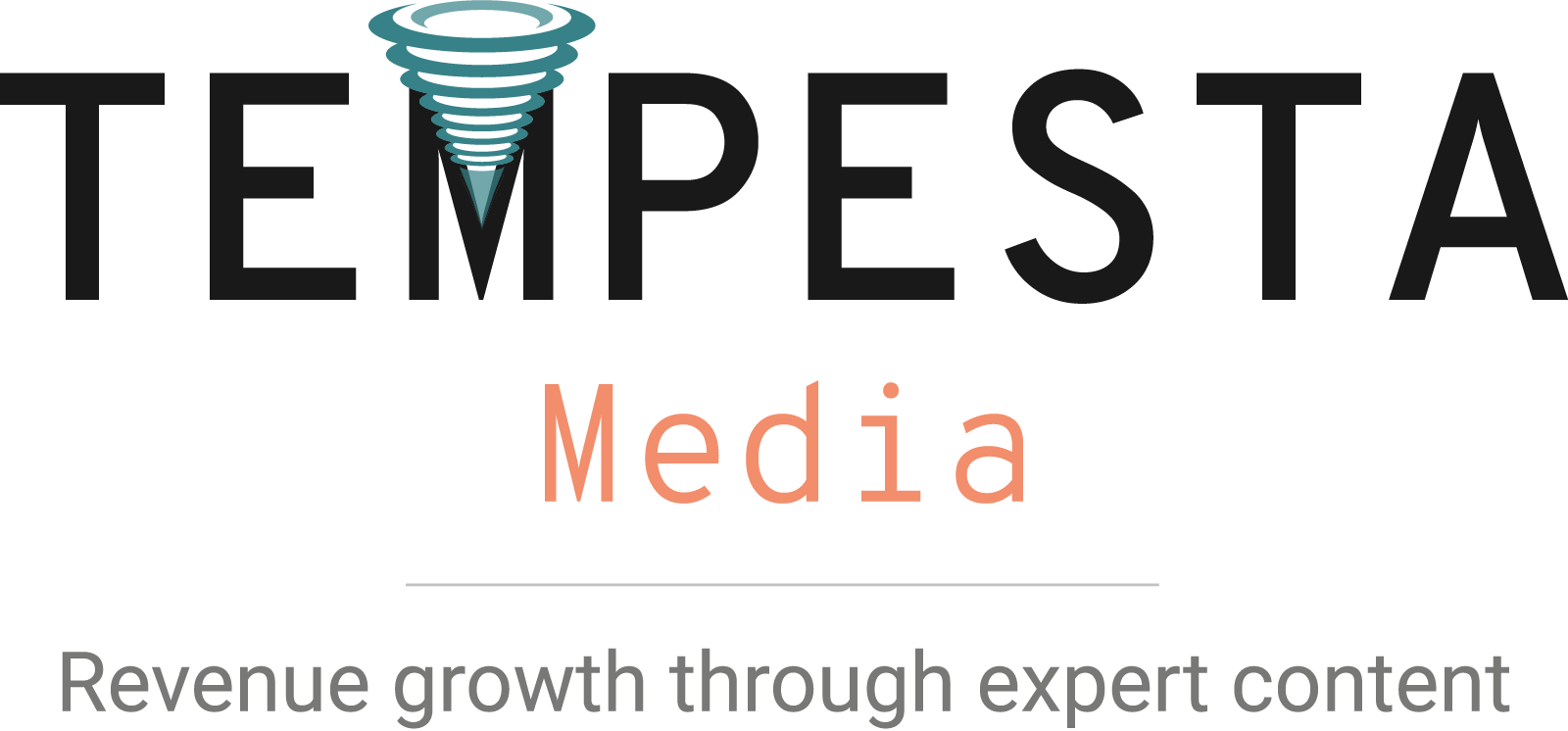Anyone who has writing and storytelling skills can write a blog. You can show some professional distinction by taking advantage of the best research tools for writers available via modern technology.
The internet is a very advanced tool for researching industries that you are writing about. However, you need to use best practice techniques when conducting online research to be the most efficient and effective.
Techniques for conducting industry research
Producing quality research for topics requires being savvy at two different skills: one, at conducting web searches and, two, at finding credible sources.
When conducting searches, these techniques will make your job easier:
- Identify specific terms that are unique to your subject.
- Learn indispensable searchspeak to filter information further:
- + indicates two or more search items have to be found together
- – indicates that you want to exclude this in the search
- “” indicates that a particular term needs to be exact
- | means OR; the multiple terms in the search can be found together or one at a time
- site:website URL (e.g., site:tempestamedia.com) means that you want to search a particular website. This is usually more efficient than using a website’s in-house search mechanism.
- Find forums that are discussing your topic.
- Maximize advanced search options.
- Don’t hesitate to use another search engine whenever you feel dissatisfied with the amount or quality of information.
- If all else fails, contact an expert through the phone and set an appointment.
Ways to spot credible sources
Next comes the part when you ensure that your sources are credible. This is a Tempesta Media standard. Authoritative sources with appropriate links make for superior content.
It’s not as daunting as it sounds. The proliferation of misinformation on the web has compelled many institutions to publish guidelines to gauge a source’s trustworthiness:
Get to know what web domains mean:
- .edu are university websites. The older and more established are usually the most reliable.
- .gov or .mil are government websites. These are reliable as long as they are not talking politics. Many studies in the U.S. and other countries can also be accessed freely.
- .com are companies or products.
- .org are nonprofits or special interest groups. These last two both have their own agenda, but their studies could prove useful if they are verifiable. Additionally, many experts are affiliated with the latter group.
Determine if this site is credible and the information is factual:
- Check the authors’ credentials. Are they respected by their peers? Have they published similar work recently? Are they associated with special interest groups?
- Ensure that the study was done less than two years ago. Also, check for contradicting studies that may have already pierced holes in their argument.
- Ensure that references cited are verifiable. Confirm that the links work. For books, check the library if they contain accurate information attributed to them.
- In-depth discussions are preferable. Long-form content shows that studies were extensive.
- Finally, browse through the website. Are articles facts-oriented and bias-free? Is the site highly opinionated? Does it play on emotions? Were time and effort spent on designing the site? Or does it look suspiciously like a fly-by-night venture?
A few obvious best practices:
- Wikipedia should never be cited as a reference as the authors are not verified and the content isn’t verified
- Rather than citing an article who cited another article, try to go to the original source
- Narrow your search to specific keywords and phrases to get the answers you want, more quickly
- Focus on content that is current, ideally created or updated in the last 2 years
All of the information above is a lot to process. However, these are necessary research tools for writers who want to prosper in their career.
Learning to make quick and efficient searches will allow you time to review your work. Plus ensuring your sources are credible will steer you away from embarrassment and make you shine as an authority, too.











